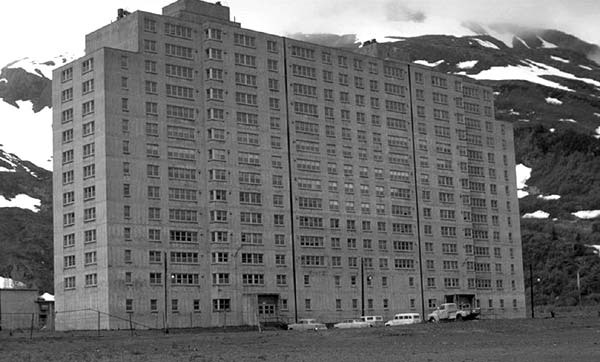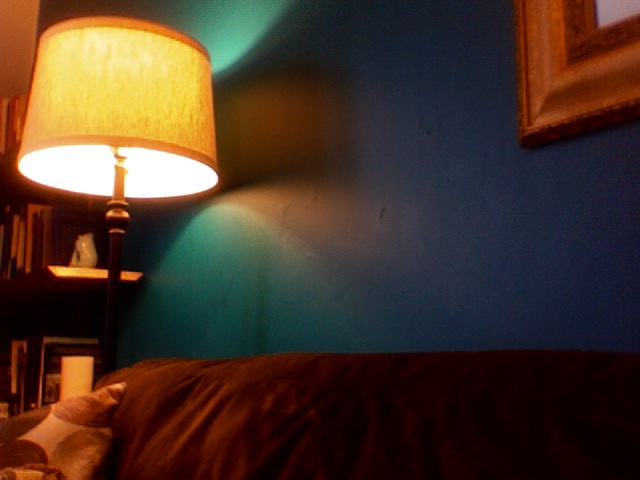Painting East
I should be working on my thesis. Instead, I made tea and filled a bath, started reading Orhan Pamuk's Istanbul--a book about a city made of memories, photographs, and unused rooms. Unlike most writers who seem to go to the most incredible places en route to some story, Pamuk has never left Istanbul. Lives in the same apartment complex where he grew up over 60 years ago.
While I was pushing the bubbles into stretchy mounds and reading about Pamuk's hometown, I thought about this Alaskan town where my ferry docked for a half-day two summers ago. 90% of the residents in the town live in a single building; a communistic cement block of 20-or so stories. In those layers of rooms that rise out of fog and mountains,

generations of families live on top of each other. I forgot the name of the town almost as soon as I left it, and had to look it up just now. Whittier. I may have even written about it before, but it doesn't stick--the whole place is like some eerie dream that leaves abruptly and reappears in flashes like some kind of acid-without-ever-having-done-acid flashback. When in Whittier, the hours slid past without speech. I wandered past abandoned buildings in spitting rain and wanted to both stay and leave.
To get from Whittier's unloading dock to its Tower, you have to walk through a narrow tunnel lit from above by swinging yellow lights. I wanted to call someone to make sure they knew if I reached the other side, but phones didn't work in Whittier, or at least not that day. People leaned diagonally across doorways of sad hotels and leaky markets. Sometimes I think of that place for no reason at all but its sadness. And then I really thought about it for a while today when I read the epigraph in Pamuk's book from Ahmet Rasim:
"The beauty of a landscape resides in its melancholy."
Sometimes I wonder what Denver would feel like to me if I had never left: would I think about living elsewhere or would I be like Pamuk who writes: "My imagination requires that I stay in the same city, on the same street, in the same house, gazing at the same view."
The view from here is of the streets turning the same sugar-white as the sky. Metal stovepipes pump out pinkish plumes, and the top halves of the branches outside our windows are white and getting whiter. Tomorrow, the high will be 3 degrees. This morning, I couldn't get through the ice on the windshield so I sat inside the car breathing into my hands in shifts. I am ready for spring. This weather makes me want to eat and sleep and forget all responsibility. (Which is what I'm actually doing by writing this).
Today, a gift arrived in the mail today from a friend of a friend: cassette tapes coiled up with the rhythmic chants of a Russian choir. I put it on while the snow picked up in curvy gusts around the window and I read of buildings against buildings in Turkey, where it rains on the ruins, where Christianity is disappearing. Do you ever feel like you're supposed to go somewhere and you're not sure why? For some reason, even though I have no connection to the place, Turkey has felt that way to me--the oldness, the sense of echoes, the closeness of the sea.
In the meantime, in the last few weeks, I painted the largest wall in the living room a peacock bluish-teal, dragged Luke to two lumber yards to look for wavy, half-rotten wood for shelving. One night, I came home and he surprised me with the L-shaped floaters we'd talked about but not planned on constructing for another week.
Building book holders and painting are worthy (and maybe less melancholy) substitutions for Turkish travel. I love that uncertainty and risk right before the bristles pull back against the white wall, right before the screw burrows into the just-right yield of the plaster. When I stand back, I'm in a new room. I love this color--earthy and of-ocean, warm and cool, familiar and exotic at the same time--and it reminds me of somewhere I've never been.
